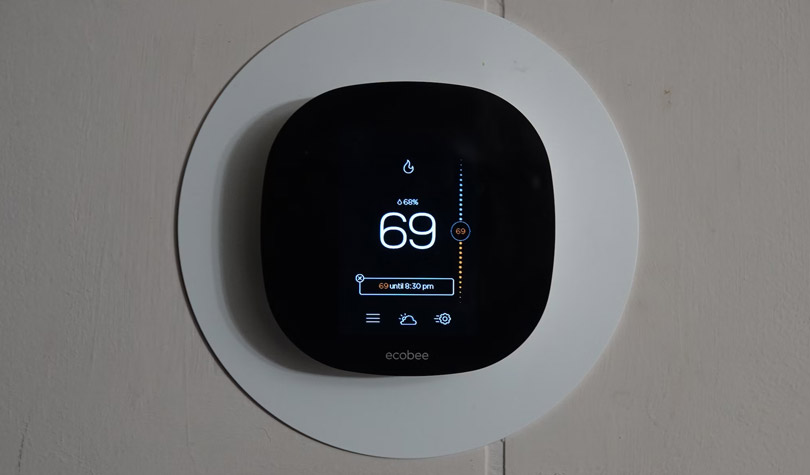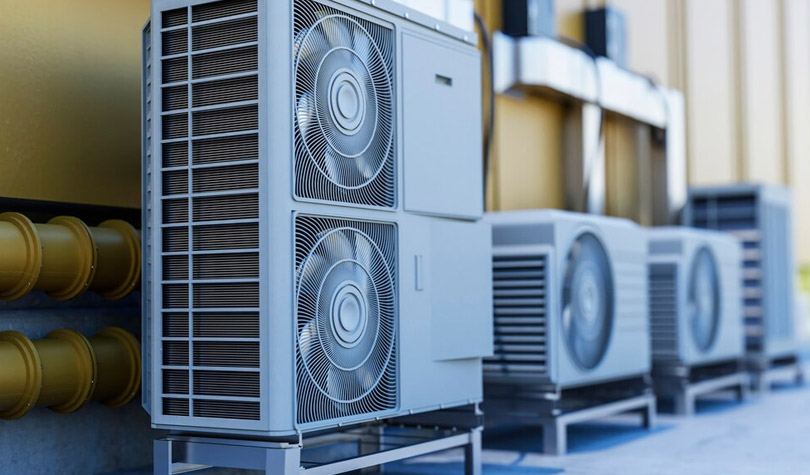Following authentic reports on the global market size for HVAC equipment, the HVAC systems market will increase by $210 billion by 2028.
Increasing and decreasing indoor temperatures and maintaining a system of ventilation by letting fresh air in and forcing current air out are the basic functions of an HVAC unit. This system gives you optimum control of your home temperature and saves you from the effects of climate change.
The detrimental impacts of climate change not only include extreme weathers to suffer through but also entail biodiversity loss, floods, global warming, wildfires, sea level rise, and more.

Image Source: pexels.com/Sanjana’s MagicPix
Our planet is witnessing substantial growth in natural decay, resulting in a harmonic imbalance. In such a dire situation, we must look out for ourselves and our loved ones.
Better Ecosphere with HVAC Systems
In our fight against climate change, we have the tendency to focus on slashing our carbon footmark using transportation and energy consumption. These are certainly some critical aspects, but there is another element that often goes overlooked – our heating, ventilation, and air conditioning (HVAC) systems.
The decisions we make related to HVAC systems influence the environment, making it imperative to consider eco-friendly options.

Image Source: pexels.com/Kai Pilger
Traditional HVAC systems are energy gluttons that release greenhouse gases. Modern, ozone-friendly HVAC systems, in contrast, use advanced technology that minimizes energy consumption and decreases carbon emissions. These systems are designed to keep our homes and workplaces comfortable while having a much lighter ecological footprint.
Let’s dive into some of the essential features that come with HVAC systems.
1. Smart Thermostats

Image Source: unsplash.com/Sean D
One of the key inventions in eco-friendly HVAC systems is smart thermostats. These devices enable users to regulate their heating and cooling, optimizing usage and minimizing waste. Additionally, they can study your preferences and learn to auto-adjust the temperature accordingly.
Benefits
- They are easy to install.
- They save money.
- They are easy to use, even for an untrained user.
- They improve indoor air quality.
- They notify and alert you.
- In case of absence, they allow you to remotely control your home temperature.
2. Refrigerants

Image Source: pexels.com/Darya Sannikova
HVAC systems are evolving to integrate refrigerants, such as hydrofluorocarbon (HFC). HFCs are infamous for their high global warming potential; hence, transitioning to greener alternatives is a productive step in the right direction.
Benefits
- They consume less energy.
- They liberate you to be in a perpetual state of comfort.
- They are almost soundless.
- They do not take up a lot of space.
- They are sustainable in the long run.
3. Heat Pumps

Image Source: freepik.com/freepik
Heat pumps are another eco-conscious selection. They work by transferring heat from one area to another. Heat pumps provide both heating and cooling, and their versatility makes them a popular choice among environmentally mindful consumers.
Benefits
- They dehumidify your house or office.
- They eliminate condensate water.
- They save energy.
- They emit fewer substances.
- They are compatible with renewable energy sources.
- They are not high-maintenance.
- They provide health advantages due to improved indoor air quality.
4. Frequent Management
Regular maintenance is crucial for the eco-friendliness of HVAC systems. Dirty filters, clogged ducts, and worn-out components can affect efficiency and lead to higher energy consumption. Therefore, scheduling routine maintenance and promptly addressing issues is indispensable to the eco-friendliness of your HVAC system.
 Image Source: pexels.com/Pok Rie
Image Source: pexels.com/Pok RieFinally, Yet Importantly
The impact of HVAC choices on climate change is substantial. By adopting energy-efficient systems, using smart technology, transitioning to cleaner refrigerants, and embracing heat pumps, we can significantly reduce our carbon footprint.
Regular maintenance ensures that our HVAC systems operate at peak. Our decisions in this regard can positively contribute to our environment. Doing this is conducive to the comfort of our homes and workplaces.
It is always a good idea to utilize technology without compromising the health of our planet.


